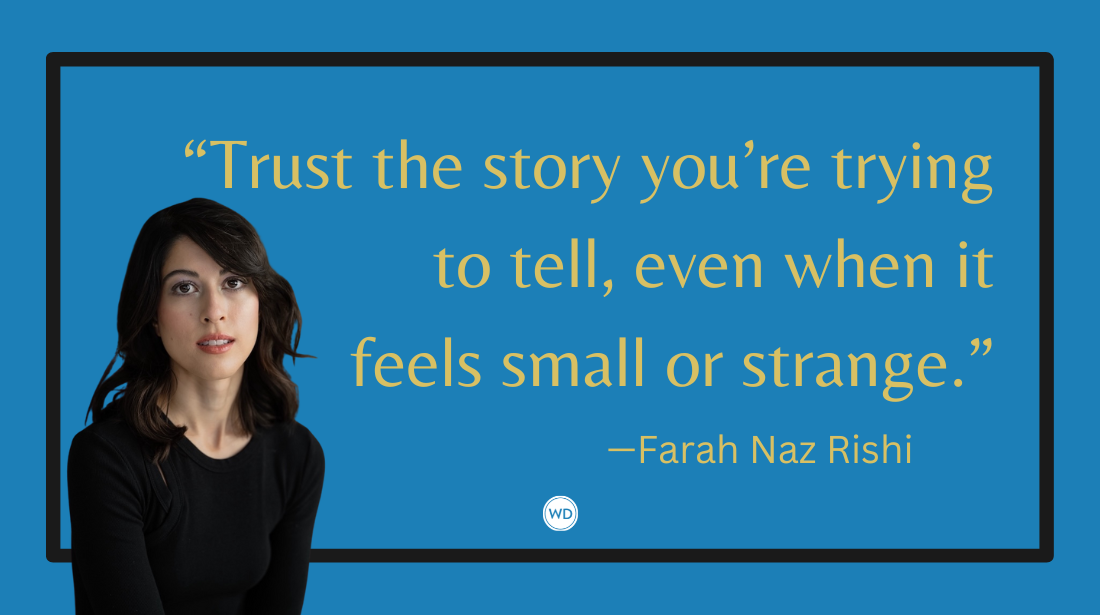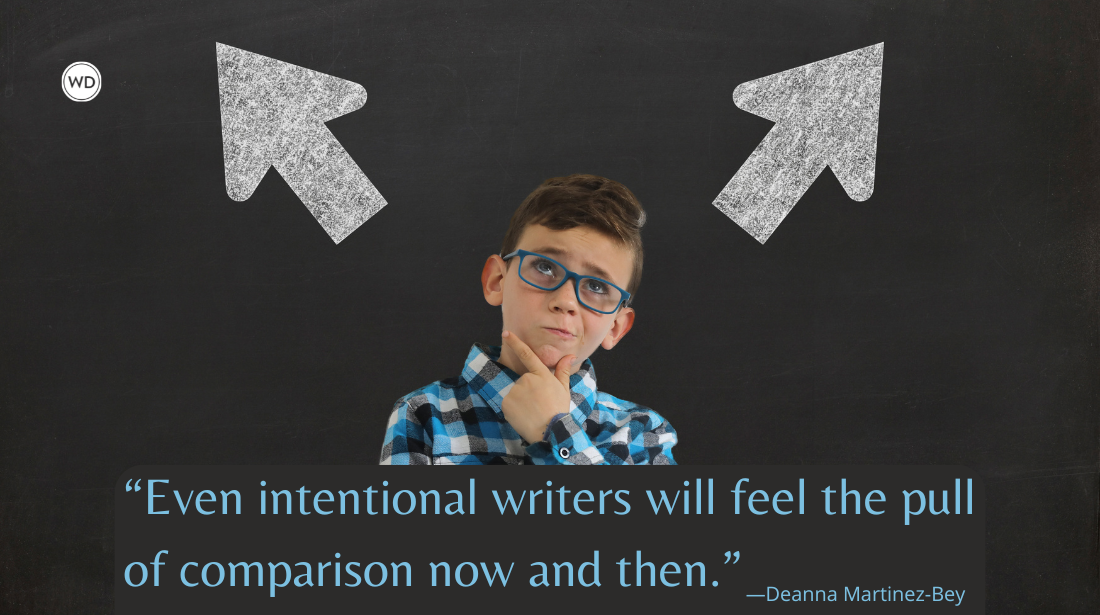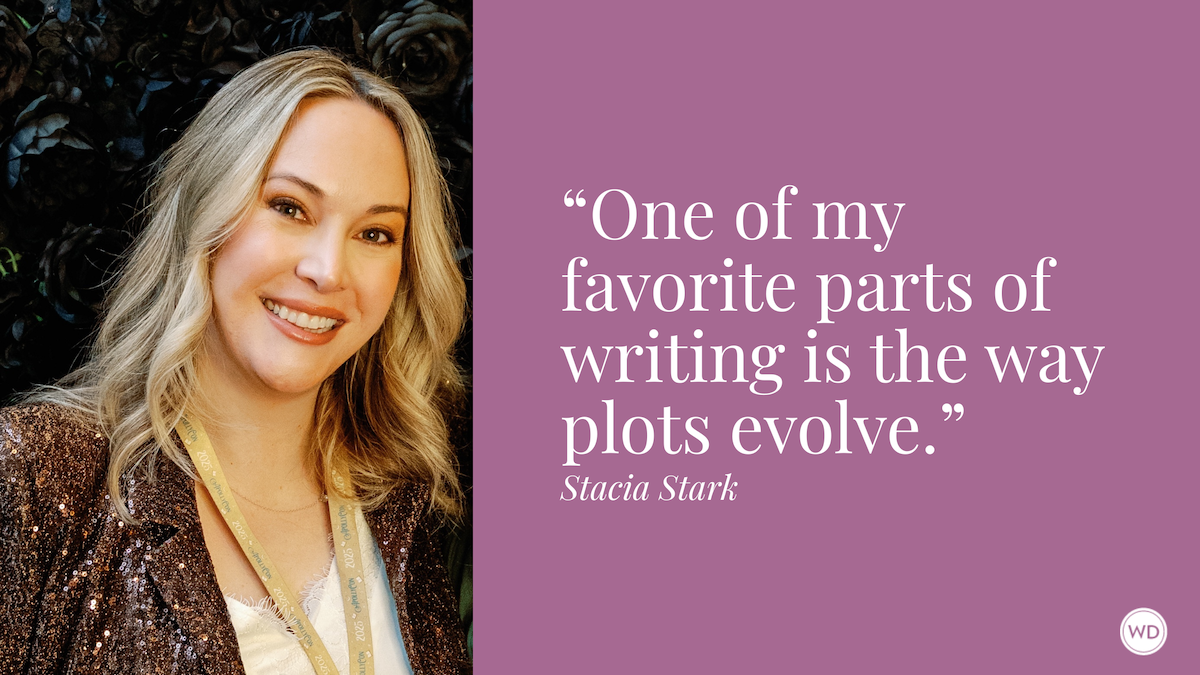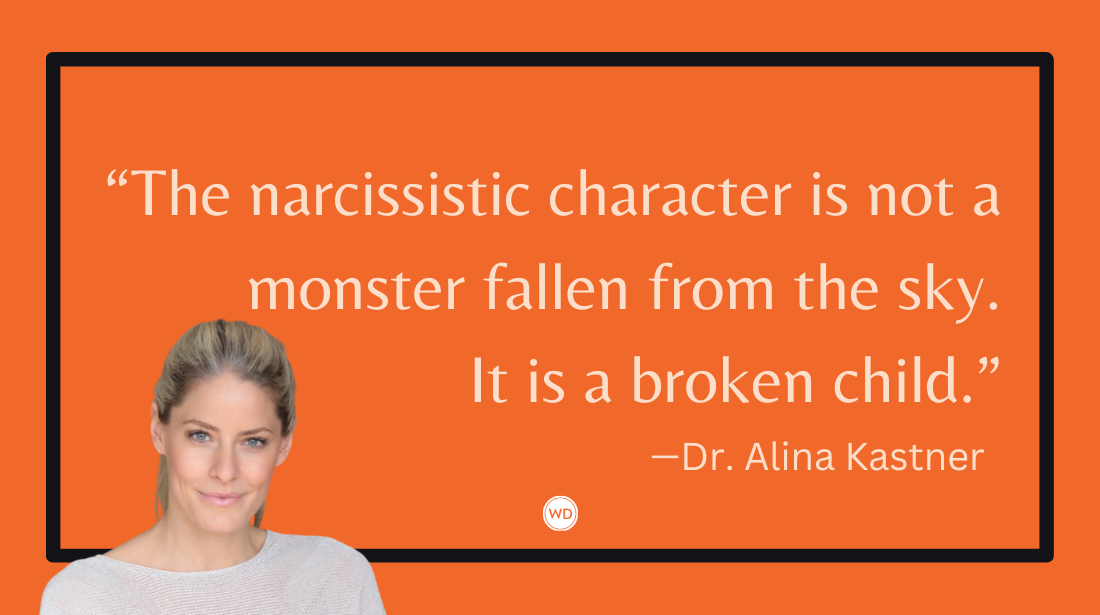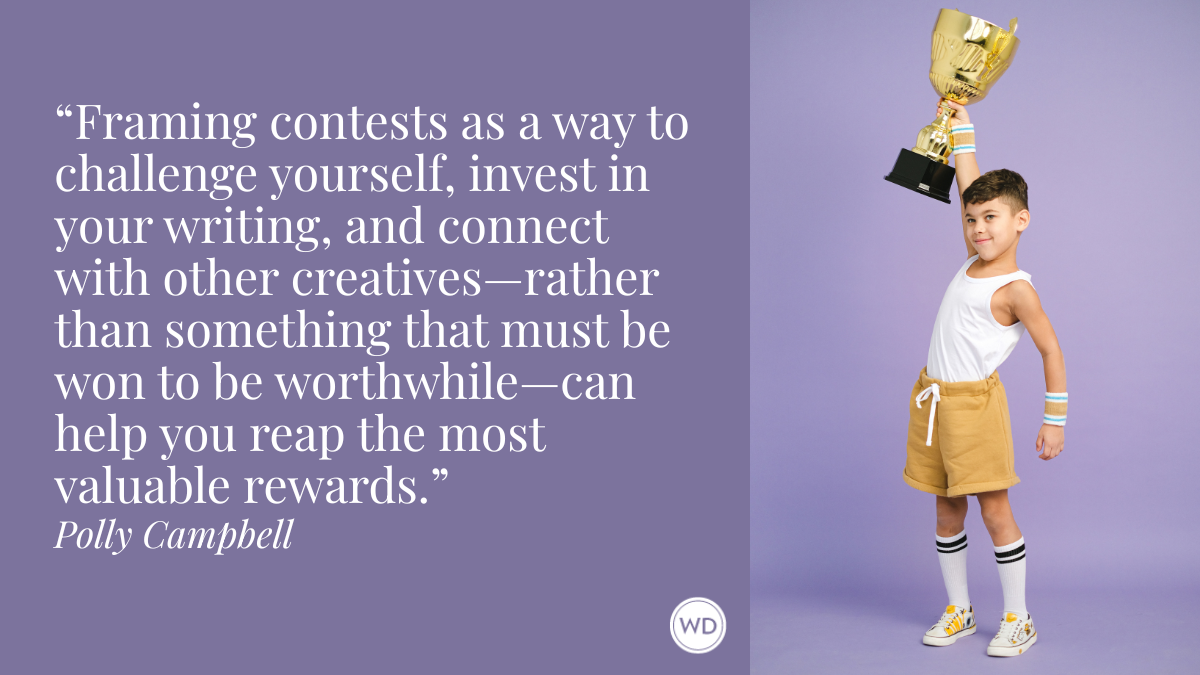Writer’s Digest November/December 2021 Cover Reveal
Revealing the November/December 2021 issue of Writer’s Digest: Magical Writing. Featuring advice from R.F. Kuang, Alix E. Harrow, Maggie Stiefvater, Tobias Buckell, Ran Walker, and many more.
Magical Writing
Sometimes writing contains magic and sometimes the act of putting words on the page itself feels like magic, especially when the words come easily. In this issue, we shine a light on both. From articles that help writers find the technique that will bring their writing to life to articles and interviews with authors who’ve created systems of magic in the worlds they’ve created, this issue aims to give writers of all genres the tools to tap into all of the magic they can create.
Featuring:
+ Behind the Curtain: Readers may not care how a writer crafts a great story, but for writers, reverse engineering how that story is told can reveal the magic of techniques they might also employ. Elizabeth Sims breaks down pieces of several well-known works so writers can see what goes on behind the curtain. By Elizabeth Sims
+ The Alchemy Required to Finish a Novel: Writing a full manuscript is only half the battle. After typing “The End” there are still rounds of revision to be expected of any book. NaNoWriMo Executive Director, Grant Faulkner, offers techniques and inspiration to keep going after the first draft. (Perfect for writers who complete the NaNoWriMo challenge in November!) By Grant Faulkner
+ Foreshadowing: A Literary Workhorse: Alluding to something that will happen to your characters in the future is a skill that, when used properly, can capture readers’ attention till the last page. But used incorrectly, can serve to bore or give too much away. Jane K. Cleland shares proven techniques to use foreshadowing to your advantage. By Jane K. Cleland
+ Building Worlds to Build Better Stories: Writers of fiction and nonfiction all need to create a believable (though not necessarily realistic) world for the story they’re telling. Science fiction and fantasy author Tobias Buckell breaks down three approaches to world-building that can help writers set the stage for their work. By Tobias Buckell
+ Beyond the Twilight Zone: Diversity in the Strange: As many writers try to make the characters in their short stories and novels more reflective of the diverse world in which we live, writers of speculative fiction and stories that contain forms of magic must take care not to appropriate other cultures or fall victim to stereotypes. Creative writing instructor Ran Walker offers six strategies for writing diverse characters in magical realism and speculative fiction. By Ran Walker
+ Trope: My Favorite Dirty Word: Tropes can be satisfying because they deliver on what they promise. But sometimes, you need to break free of the well-worn path and subvert the expected. Novelist Sarah J. Sover shares how she subverted the fantasy tropes she loved so she could create stories that felt fresh and unexpected—and how you can too. By Sarah J. Sover
+ WD Interview: Maggie Stiefvader: The New York Times-bestselling YA author discusses the boundaries between truthfulness and lies when it comes to myths, narrators, and her latest release, Mister Impossible. By Moriah Richard
+ 90th Annual WD Annual Writing Competition: WD announces the grand prize winner of our 90th Annual Writing Competition, plus the winner and finalists for each category. Featuring an interview with the grand prize winner. By Amy Jones
+ Wrath of the Gods: Multiple award-winning author R.F. Kuang shares how she developed the magic system for The Poppy War Trilogy by drawing inspiration from Chinese mythology. By Jera Brown
This issue also includes articles on how writers and editors can set boundaries when friends, family, and acquaintances ask for a favor, how indie authors can use crowdfunding to build an audience and publish their book, and how surrealism can bring a touch of magic to your writing. Plus more of your favorite columns: Publishing Insights, All About the Pitch, Funny You Should Ask, Meet the Agents, Writers on Writing (featuring Alix E. Harrow), and much more.
About Amy Jones
Amy Jones is the Editor-in-Chief of Writer’s Digest and was the managing content director for WD Books. She is the editor of the Novel and Short Story Writer's Market and Children's Writer's and Illustrator's Market. Prior to joining the WD team, Amy was the managing editor for North Light Books and IMPACT Books. Like most WD staffers, Amy is a voracious reader and has a particular interest in literary fiction, historical fiction, steamy romance, and page-turning mysteries. When she’s not reading, Amy can be found daydreaming about Italy or volunteering at her local no-kill cat shelter. Find Amy on Twitter @AmyMJones_5.




